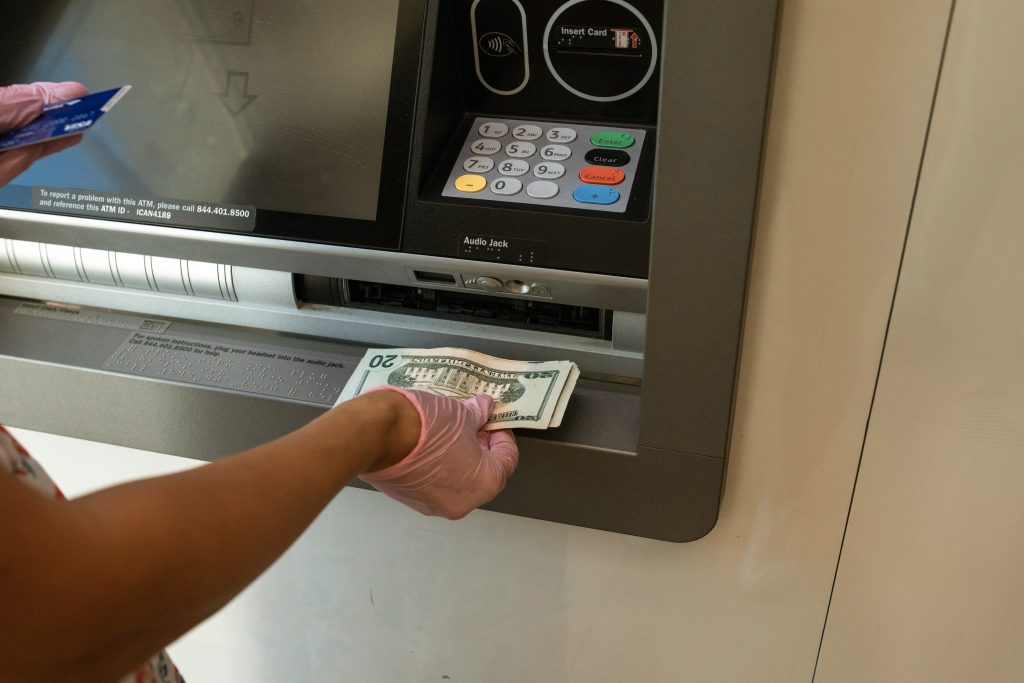Don’t let the anticipation of visiting new places impair your judgment if you intend to travel for your summer vacation. Your personal and financial information could be at risk wherever you go due to the vulnerability of the majority of large hotel businesses’ computer systems and recent hotel system hacks. When traveling, always be sure to plan carefully and take all required precautions to protect your money from pickpockets which frequently target busy tourist spots.
How To Safely Manage Your Money While Traveling
Money management is key when traveling. You don’t want to carry All Your Money or worry about your finances while you’re trying to enjoy your vacation.
In this blog post, we will discuss some tips for safely managing your money while you’re on the road. We’ll cover everything from budgeting to currency exchange rates, so you can relax and enjoy your trip!
Create An International Fee-Free Or Low-Fee Bank Account
The primary method of accessing your funds when traveling is by using a debit card to make cash withdrawals from ATMs. ATMs are almost universal and provide a convenient way to withdraw cash when needed without having to carry around large sums of cash.
The issue is that a lot of banks impose exorbitant fees for withdrawals made overseas. Check your bank’s costs, and if they are excessive, switch to a different bank account. You might save a lot of money this way.

Apply The Multi-Stash Technique
Never keep all of your cash in your wallet if you must rely on it. Instead, disperse it and conceal various portions of it in multiple locations to lessen the impact of theft. You may, for instance, keep a portion of your money in your wallet and conceal the rest in a shoe or sock inside your suitcase.
Alternatively, if there is a safe in your hotel room, you can keep your money there. Ask one of your traveling partners to keep some of your large amount of cash in his or her wallet if you need to bring a lot of cash with you.
Furthermore, avoid leaving money or emergency credit card laying around in your hotel room. Hotel staff has access to your room, and if your door is inadvertently left unlocked, other hotel guests may come and take your possessions. Theft doesn’t just happen outside the hotel.
There are probably ATMs close to your hotel or resort, so there’s no need to take out all of your vacation money at once. Keep your vacation money safe in the bank, and you should only withdraw money when necessary.
Use Only Bank ATMs
The ATM is one of the most common places where people steal money. These devices frequently have skimmers attached that allow fraudsters to steal your card information, especially in locations where they know they can take advantage of tourists.

If possible, avoid using ATMs while traveling abroad; if you must, look for an ATM that is connected to a bank branch so that it is closely watched and guarded.
Think About Several Payment Options
Using a prepaid card that you load with money and then use like a debit card is an alternative to using a debit card.
Although we haven’t used one, our friends who did it for their RTW journey strongly suggested it. When we compared the rates and the fees, we decided it wasn’t worth the trouble. You might also store some money in your Paypal account as an additional backup.
Choose Credit Cards Over Debit Cards
Keep your cash to a minimum. Use a credit card instead of a debit card. Debit cards provide less security if your wallet is taken, while credit cards are less troublesome to deal with fraudulent charges on, they need to be kept safe in your pouch or money belt.
Use your debit card instead of a credit card if you need to withdraw cash, as credit cards have significant fees. Use only trusted ATMs at large banks because they are more maintained and monitored there.
Understand Exchange Rates
It’s crucial to educate yourself about the exchange rate and international transaction costs before you travel to a country with a different currency.
Use Internet Banking
Download the online banking app from your bank if it is available before you travel. You can top off at any moment in your chosen currency using your regular bank account.
Password-Protect Your Devices
Your banking applications and other personal data may be accessible to others if you misplace, lose, or have your laptop or phone stolen. Your bank account or credit card information may be accessed by a thief, who then uses it to make false purchases. Password-secure each device to protect your information, and set devices to automatically lock after one or two minutes of inactivity to ensure your safety.
Keep Your Account And Customer Service Numbers On File
It is best to report a stolen debit or credit card as soon as possible. Of course, if you don’t have access to your account information or the customer care number on the back of the card, it’s challenging to report the card as stolen.
Make several copies of the front and back of your credit and debit cards before you leave the house, or write down your account and customer care numbers, just in case. Keep your credit cards and this information in different, secure places. You could, for instance, leave a copy on your laptop, put one in the hotel safe, or give one to a friend.
How Much Cash Should You Bring With You When You Travel?
The amount of cash you should carry in your wallet is between $100 and $300, but Anderson also advises keeping a reserve of about $1,000 in a safe at home. A few hundred dollars may or may not be sufficient to cover your daily expenses, depending on your spending patterns.
